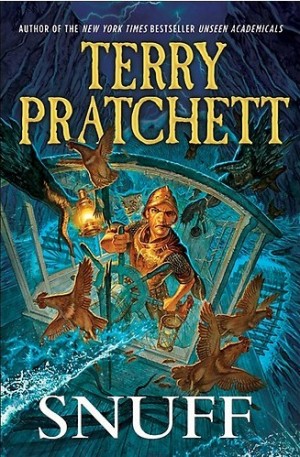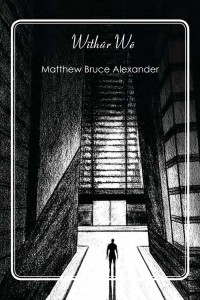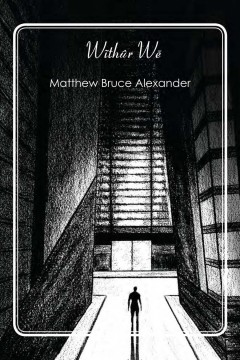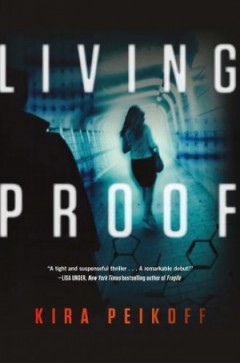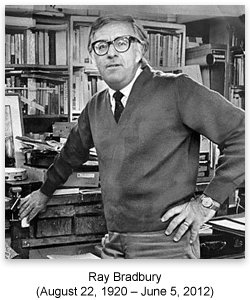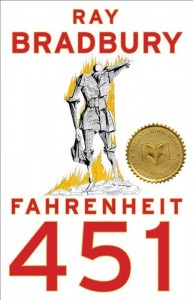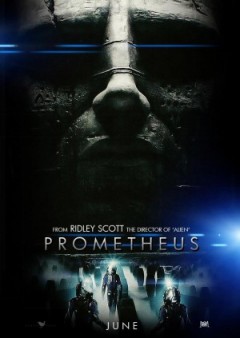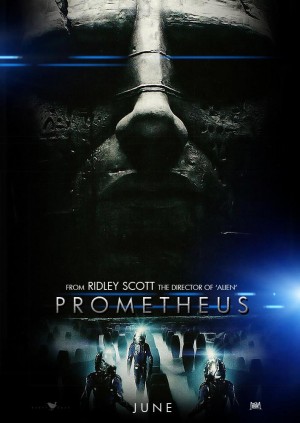Ernest Cline is a science fiction fan and video game enthusiast who, as a former tech support employee, has spent most of his working hours surfing ’80s pop culture on the internet. As an author, he has successfully drawn from these interests to write an engaging story that weaves new technology with low-tech nostalgia. Although he has previously written about the gaming world (his screenplay Thundercade follows a video gamer’s quest to restore his championship gaming title), Cline takes the concept to an exciting new level in his science fiction novel Ready Player One, Prometheus Award finalist and our June Lightmonthly Read, which offers the reader a full immersion into the world of virtual reality gaming.
Ready Player One begins in the year 2044, and protagonist Wade Watts doesn’t have much going for him in the desolate Portland Avenue Stacks. He’s an overweight, unpopular orphan living with his aunt in a crowded RV park, where the RVs are stacked up to 20 units high in an effort to accommodate everyone in an overpopulated city fraught with power outages and gunfire. Wade finds solace by playing video games and watching reruns of family sitcoms from the ’80s, trying to lose himself in a decade when the world was a simpler and friendlier place. He also spends much of his free time logged into the OASIS, a massively multiplayer online game that has evolved into a virtual reality-based global network.
The online world of OASIS is not without conflict, however. The creator of OASIS, James Halliday, died five years before without naming an heir. At his behest, a contest is being held to determine who will control the OASIS. In his video will, Halliday explains that he has hidden three keys (Copper, Jade, and Crystal) to three gates in the simulated world of the OASIS. The first person to pass through all three gates will become heir to Halliday’s multi-billion dollar estate and gain full control of the OASIS.
Desperate to find a way out of the Stacks, Wade becomes a gunter (short for “egg hunter,” a reference the Easter egg hidden in the video game Adventure). Because Halliday had an infatuation with ’80s pop culture, his death sparks a global obsessive interest; spiked hair and acid-washed jeans come back into style, and gunters attentively study the decade’s fads and trends in hopes of discovering a clue to the keys’ locations.
Wade hopes his own vast knowledge of the decade will give him an edge in the competition, but the odds are against him. He must race to find the keys before they are found by another gunter — or worse, by the Sixers, employees of the dangerous Nolan Sorrento and Innovative Online Industries, a corporation set on gaining control of OASIS at any cost.


